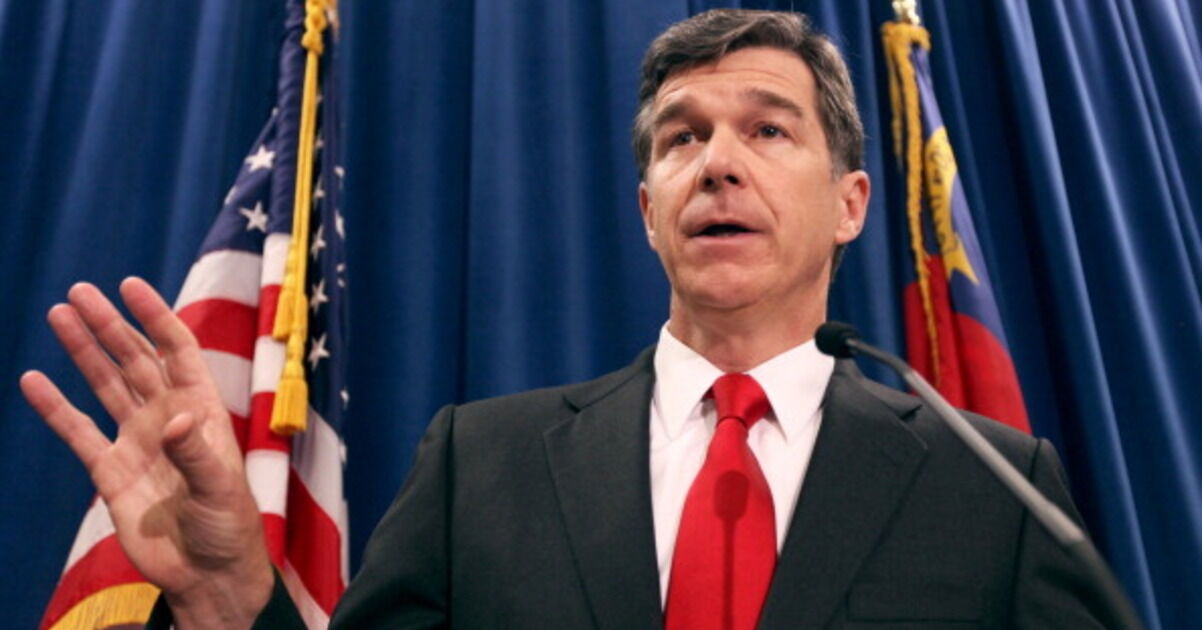The American Civil Liberties Union and the state of North Carolina could soon reach a compromise on a lawsuit stemming from a pair of controversial anti-LGBTQ laws.
The embattled state passed House Bill 2 in March 2016, also known as the Public Facilities Privacy and Security Act. Forced through the General Assembly in a single day, the legislation mandated that transgender people in the state use public facilities that match the gender listed on their birth certificate. HB2 also nixed local nondiscrimination ordinances across the state. Cities like Charlotte, Asheville, and Raleigh all had municipal laws on the books offering protections to LGBTQ people in employment, housing, and public accommodations.
After the governor responsible for that bill’s passage was ousted in the November election, his successor, Democrat Roy Cooper, vowed to repeal HB 2. Instead it was replaced with a nearly identical law, known as HB 142.
But Cooper and the ACLU, the civil rights organization that has challenged the bills since their introduction, came to an agreement on Wednesday intended to lessen the harms of that legislation. A consent decree, which awaits the signature of a judge before going into effect, states that trans people are not prevented from using the restroom consistent with their gender identity under current state law.
“As a state, we need to work together to make North Carolina more welcoming,” Cooper said in a speech, “and I am pleased that we could come together with the other party in this case to show that we agree.”
The North Carolina governor also announced the signing of an executive order that would extend protections to LGBTQ state employees.
This settlement was reached nearly six months to the day after Trump’s White House dropped a suit against the discriminatory legislation, reversing the position of the previous administration. After HB2 was initially announced last year, more than 200 major businesses opposed the bill, including Apple, Microsoft, and Google. Corporate backlash would cost North Carolina $3.76 billion over the next 12 years, as an Associated Press report found.
LGBTQ advocates called the governor’s actions a “step in the right direction.”
“This EO brings North Carolina a little bit closer back to where many states have been for years,” said Mara Keisling, executive director of the National Center for Transgender Equality, in a statement. “And that has some meaningful consequences for many LGBTQ North Caroliniansit means, for example, that they have a bit of extra protection against being turned away from government services like the DMV and fired from a state government job simply because of their gender identity or sexual orientation.”
But critics claim that the proposed deal doesn’t go far enough.
Jodee Winterhof, senior vice president of policy and political affairs at the Human Rights Campaign, says in a press release that it represents “some narrow improvements for LGBTQ North Carolinians.” She claims that the agreement stops short of rectifying “the tremendous harm caused by HB2 and continued harm from HB 142.”
“It is important to note that some of the worst portions of the HB2 compromise remain on the books and continue to cause real harm to LGBTQ North Carolinians every day,” adds Matt Hirschy, interim executive director for Equality North Carolina, in a statement.
The major issue with the probable agreement is that the ban on nondiscrimination ordinances will remain intact for the next three years. That means that the majority of queer and trans people in North Carolina could be fired, evicted from their homes, or turned away in places of business because of their sexual orientation or gender identity. Anti-LGBTQ discrimination is currently legal in 30 states.
No matter the compromise’s fate, advocates have pledged to keep fighting for full equality in the Tar Heel State.
“The work of fully protecting LGBT people from discrimination across North Carolina is far from over,” says Karen Anderson, executive director of the ACLU of North Carolina, in a statement “and we will continue fighting to advance equality and hold all North Carolina officials accountable.”
Don't forget to share:
Help make sure LGBTQ+ stories are being told...
We can't rely on mainstream media to tell our stories. That's why we don't lock our articles behind a paywall. Will you support our mission with a contribution today?
Cancel anytime · Proudly LGBTQ+ owned and operated
Read More in Impact
The Latest on INTO
Subscribe to get a twice-weekly dose of queer news, updates, and insights from the INTO team.
in Your Inbox













